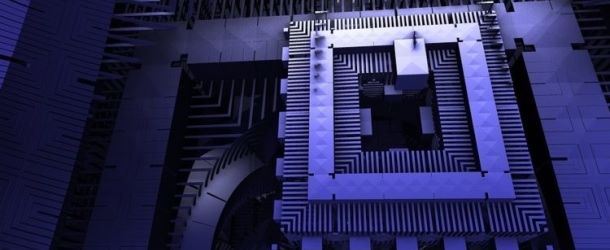Bring on the Quantum Processing Units (QPUs)

(WSJ) Ordinary computers store information in the form of bits, which can be in one of two states, 1 or 0. (“Bit” is short for binary digit.) Long sequences of bits can encode complex information of many kinds, from chess positions to protein structures to pictures of cats. Quantum computers, on the other hand, use quantum bits, called qubits. Qubits can be 1, 0 or something in between—so-called superpositions, which are indissoluble mixtures of 1 and 0.
While qubits are powerful, they’re also delicate and hard to work with. If qubits are jostled by environmental fields or particles, it can scramble the information they were meant to encode. We’re familiar with the fact that a computer memory can get erased by a large magnetic field, for example, but quantum memory is sensitive to much smaller fields.
A promising development is classical-quantum hybrids, in which a classical computer can call on a relatively small quantum “coprocessor” to do critical calculations within its own programs. The coprocessor strategy follows the spirit of Graphical Processing Units (GPUs)—superfast chips that do some specialized operations extremely efficiently. GPUs were originally developed for use in computer games, where they make it possible to update fast-paced displays. But ingenious researchers have exploited them in many other ways—notably, to simulate how quarks and gluons build up protons.



















